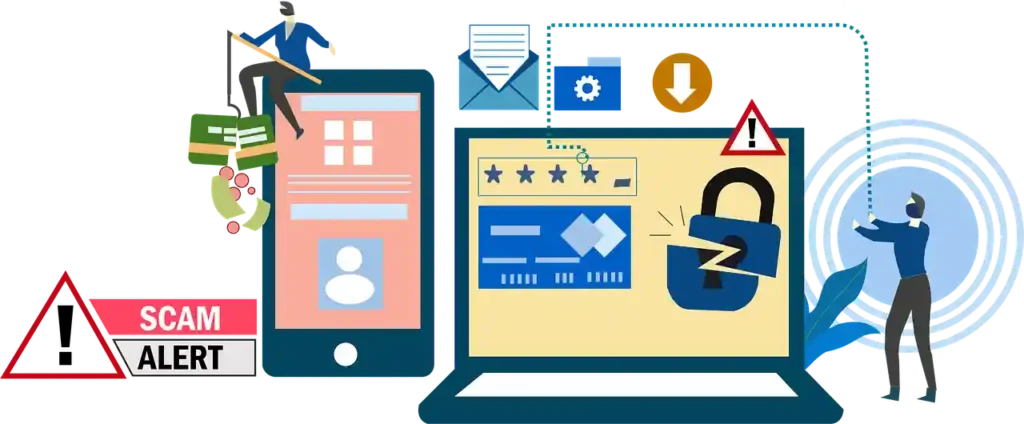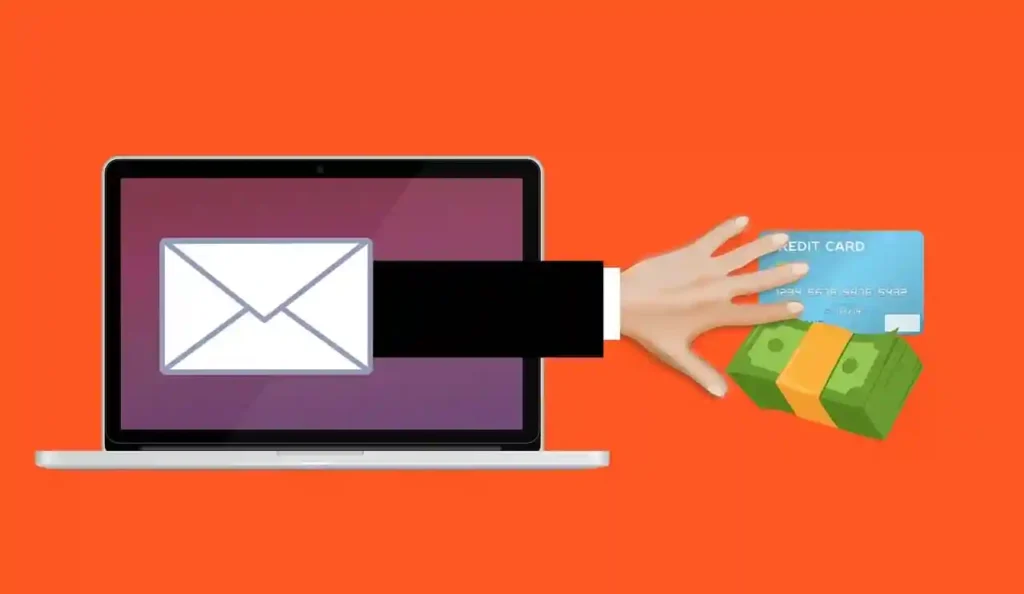PLAYFULGHOST Malware: A New Cyber Threat Capable of Advanced Data Theft
Cybersecurity researchers have recently uncovered a sophisticated malware named PLAYFULGHOST, equipped with a wide range of advanced data theft and system manipulation capabilities. This malicious software can capture screen activity, record audio, execute remote commands, log keystrokes, and transfer files, making it a dangerous tool for cybercriminals. Delivered primarily through phishing attacks and SEO poisoning, PLAYFULGHOST has been observed being distributed through trojanized VPN applications, increasing the risk for unsuspecting users.
Key Capabilities of PLAYFULGHOST Malware
The PLAYFULGHOST malware possesses a powerful feature set, enabling threat actors to perform extensive data collection and system control. Some of its most dangerous functions include:
- Screen and Audio Capture: Records screen activity and audio from the infected device.
- Keylogging: Monitors and records every keystroke, compromising sensitive information.
- Remote Shell Access: Allows cybercriminals to execute further attacks remotely.
- File Transfer and Execution: Enables unauthorized file downloads and execution.
- Persistence Techniques: Can maintain access on a compromised device through four methods:
- Run Registry Key Injection
- Scheduled Task Creation
- Windows Startup Folder Manipulation
- Windows Service Integration

Information Harvesting and System Manipulation
Once installed, PLAYFULGHOST can collect a vast range of sensitive data, including:
- Keystrokes and Screenshots
- Audio Files and QQ Account Data
- Clipboard Content and Installed Security Products Information
- System Metadata
Additionally, the malware is capable of executing harmful system operations such as:
- Dropping Additional Malware Payloads
- Blocking Mouse and Keyboard Inputs
- Clearing Windows Event Logs and Cache Files
- Deleting Browser and Messaging App Profiles
Advanced Threat Techniques Used by PLAYFULGHOST
PLAYFULGHOST is particularly dangerous due to its use of sophisticated hacking tools and techniques, including:
- Mimikatz Deployment:
- A powerful open-source tool capable of extracting saved passwords from compromised devices.
- Rootkit Implementation:
- A stealthy rootkit that can hide files, registry entries, and running processes, making detection difficult.
- Terminator Utility (BYOVD Attack):
- The malware uses Terminator, an open-source utility capable of disabling security processes via a Bring Your Own Vulnerable Driver (BYOVD) attack, effectively bypassing traditional antivirus protections.
How PLAYFULGHOST Infects Devices
The initial infection vector for PLAYFULGHOST often involves:
- Phishing Emails: The malware is frequently delivered through phishing campaigns, using deceptive messages that warn about “code of conduct violations” or other urgent issues.
- SEO Poisoning: Cybercriminals manipulate search engine results to spread infected versions of legitimate applications, such as trojanized VPN apps like LetsVPN.
Example Attack:
A victim was lured into downloading a malicious .RAR archive disguised as an image file with a .jpg extension. Once opened, it executed a malicious Windows executable, which then downloaded and installed PLAYFULGHOST from a remote server.

Malware Loading Techniques
PLAYFULGHOST uses DLL hijacking and side-loading techniques to avoid detection:
- DLL Search Order Hijacking: The malware exploits the way Windows loads Dynamic Link Libraries (DLLs), injecting malicious code into trusted applications.
- Side-Loading Attacks: It uses combined Windows shortcuts and multiple files to construct and execute a rogue DLL, which decrypts and loads the PLAYFULGHOST payload directly into memory.
How to Protect Yourself Against PLAYFULGHOST
Since PLAYFULGHOST relies heavily on phishing tactics, the best defense is awareness and proactive cybersecurity measures. Here’s how you can protect yourself:
1. Recognize Phishing Attempts
- Avoid clicking on unexpected links or downloading attachments, even from familiar contacts.
- If you receive emails about account violations, verify their authenticity by directly contacting the organization instead of clicking embedded links.
2. Download Apps Only from Official Sources
- Always download software directly from official websites instead of third-party links or forwarded messages.
- Verify the legitimacy of VPN applications before installing them.
3. Strengthen Password Security
- Use unique, complex passwords for all accounts and avoid reusing credentials across multiple platforms.
- Consider using a password manager to securely store and manage your passwords.
4. Enable Two-Factor Authentication (2FA)
- Enable 2FA wherever possible for an added layer of security. This helps prevent unauthorized access, even if login credentials are compromised.
5. Keep Antivirus and Software Updated
- Ensure you have a reputable antivirus solution installed and kept up to date.
- Run regular scans and enable real-time protection features.
- Choose antivirus software that offers a secure VPN or a hardened browser for enhanced protection.
Final Thoughts: Staying Vigilant Against Evolving Threats
The emergence of PLAYFULGHOST highlights the growing sophistication of modern malware and the importance of cyber hygiene. As threat actors continue to evolve their tactics, staying informed and practicing proactive security measures is essential for safeguarding personal and business data.
By understanding how threats like PLAYFULGHOST operate and taking steps to strengthen your cybersecurity defenses, you can minimize your vulnerability to such dangerous attacks.


